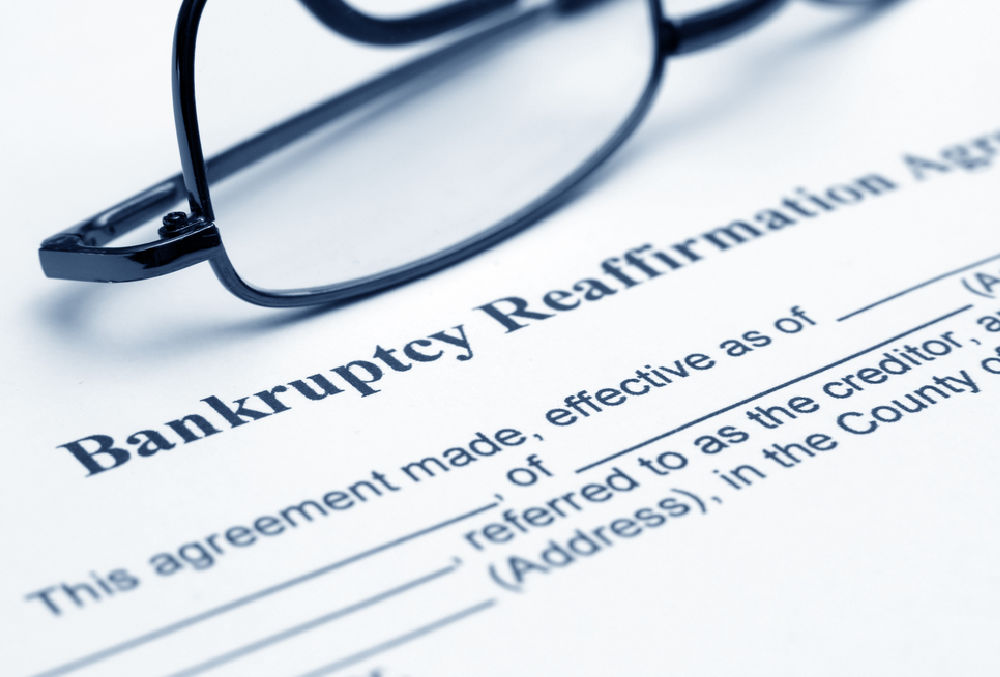Bankruptcy can be an overwhelming and challenging process. On top of the stress and worry about your finances and what will happen to your property, there are countless proceedings and tons of paperwork to fill out. Understandably, this can make dealing with a bankruptcy seem impossible.
However, as overwhelming as it all may seem, bankruptcy is often the best choice for many people, especially those who are struggling with crushing debt. In many cases, the difference between a smooth and successful bankruptcy and an overwhelming one is whether or not you work with an attorney.
A bankruptcy attorney can help guide you through the process and help you make sense of everything that needs to be taken care of. Furthermore, they can ensure that all paperwork is correctly filed and all deadlines are met to ensure a smooth process.
If you have any questions and are considering if a Chapter 7 or Chapter 13 bankruptcy is the right choice for you, our team at Sawin & Shea can help. We have years of experience handling bankruptcy cases and are dedicated to helping our clients achieve the best possible outcome.
To help you understand how bankruptcy works, let’s review one area of the process that can often leave people feeling a bit confused—reaffirmation agreements.
What Is a Reaffirmation Agreement?
Before defining exactly what a reaffirmation agreement is, it helps first to understand the basics of how bankruptcy works. When a person files for bankruptcy, they are typically seeking to ease their financial situation by getting rid of their debt.
With a Chapter 13 bankruptcy, the debtor agrees to a payment plan to pay off their debt, which means they don’t have to surrender their property as collateral. However, not everyone can afford the payment plan, and thus many choose a Chapter 7 bankruptcy, which can more easily wipe out their debt. But this comes with the cost of potentially losing property to help pay off those debts, such as a car or a house.
And this is where a reaffirmation agreement comes into play. For those that choose a Chapter 7 bankruptcy, a reaffirmation agreement can help protect property from being repossessed as collateral. It is a contract between the debtor and their creditor stating that instead of having their debt discharged and their property repossessed, they agree to pay some or all of their debt.
How Does Reaffirmation of Debt Work?
So how does a reaffirmation agreement work exactly?
When a debtor signs a reaffirmation agreement, they maintain possession of their property or assets instead of handing them over to a trustee who would normally sell them and use them to pay off creditors. In exchange for keeping this property, the debtor agrees to repay the debt that they owe.
This process is entirely voluntary, and you cannot get in trouble for violating the agreement. However, if you breach the agreement, your property once again can become collateral and could be repossessed to help pay for your debts. But as long as you make good on your promise and continue to make scheduled payments, your assets are protected through the agreement. Reaffirmation agreement credit reporting is sent to the credit bureau and the negative items are removed from your credit report.
It’s important to note that while voluntary, a reaffirmed agreement is not always possible. Some criteria must be met.
- First, reaffirmation agreements must be signed within 60 days of the First Meeting of Creditors.
- The agreement must be entered into voluntarily, meaning no party was coerced into signing.
- An initial statement must be filed with the court affirming that the client can repay the debt without incurring further financial harm.
- The debtor must be granted the ability to rescind the agreement within 60 days of signing.
How to Determine if a Reaffirmation Agreement Is Right For You
In most cases, a reaffirmation agreement Chapter 7 bankruptcy would be the way to go if you cannot afford the payment plan for Chapter 13 and have assets you want to protect from liquidation. Reaffirmation agreement credit reporting can also help you boost your credit score as it means your creditors will report that you are continuing to make on-time payments.
So a reaffirmation agreement can help you build your credit or maintain your credit, and it can protect your property. Still, that being said, there are some downsides to these agreements as well.
Primarily, the biggest con of a reaffirmation agreement is that it leaves you stuck with that debt. The point of entering into a Chapter 7 bankruptcy is to wipe out your debt, but if you sign a reaffirmation agreement to protect your property, you will have to keep making payments to uphold the agreement.
So you should only enter into a reaffirmation agreement if you really can’t live without the property you are trying to protect. Otherwise, if you want to be eligible to have all of your debts discharged, it’s generally best to surrender your property as collateral.
How Sawin & Shea, LLC Can Help
Even with the information provided in this article, deciding whether or not a reaffirmation agreement is right for you can be difficult. If you have any questions or concerns, it’s best to reach out to a bankruptcy attorney for help.
At Sawin & Shea, we have helped many clients like yourself understand the complexities of bankruptcy and how to make the right decisions to achieve the best possible outcome. For a free consultation, call us at 317-759-1483 or send us an email today!



